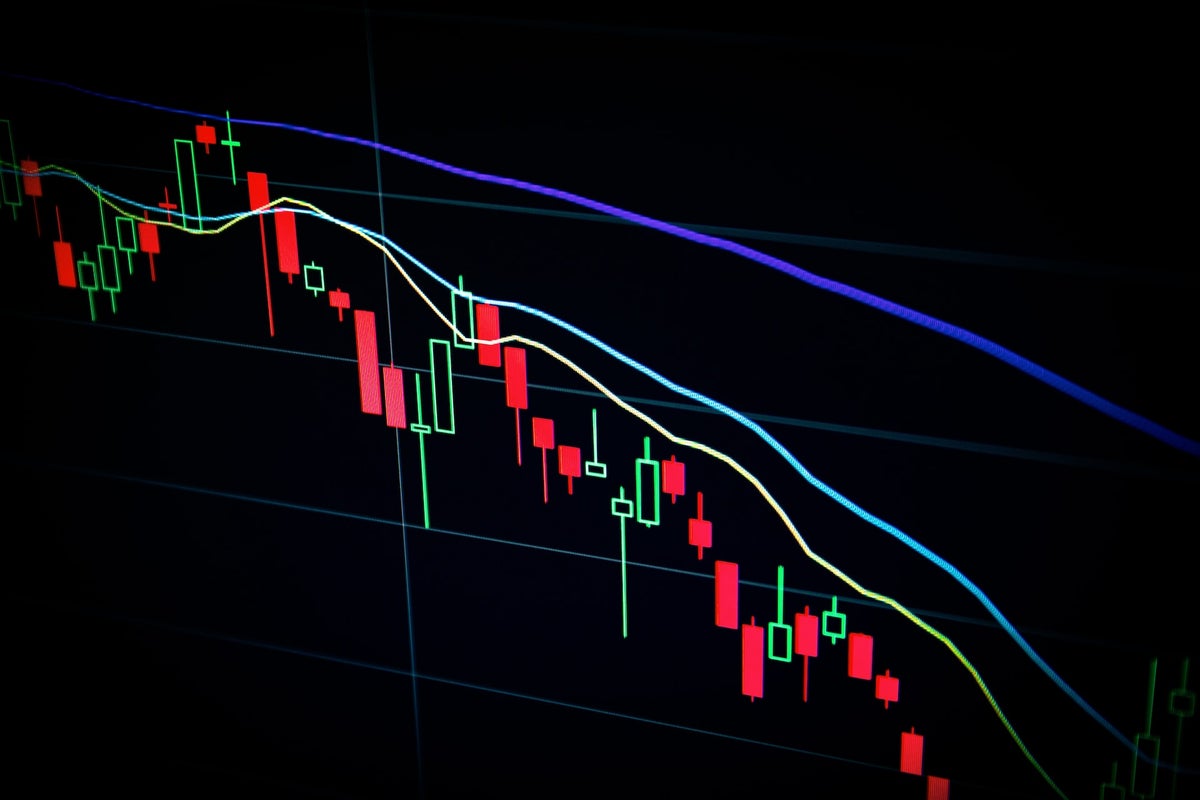[ad_1]
The pain from the FTX collapse spreads further than the FTX users and shareholders. Founder and CEO Sam Bankman-Fried is intertwined throughout much of the crypto ecosystem. With direct investment alone, FTX ventures and Alameda research are invested in over 250 crypto startups.
Notable crypto startups with FTX backing include Lens Protocol, Polygon, and Solana. The most serious case is the Solana ecosystem. Both the Solana foundation and its top decentralized exchange – Serum – were financially involved with Sam Bankman-Fried. The Solana foundation has tens of millions of dollars stranded on the FTX exchange. These assets include 134.54 million Serum tokens (SRM), and 3.43 million FTT tokens. The locked assets were worth roughly $160 million prior to the FTX freeze, today however, they are worth only about $30 million. Below is a chart of how Solana’s token price SOL/USD reacted to the FTX news.
Source: TradingView
Sam Bankman-Fried was also invested outside of the crypto ecosystem. He acquired a number of properties in the Bahamas (where FTX operated) with the company’s funds. Bankman-Fried also holds a 7.6% stake in Robinhood, which will bring unknown ripples through the traditional finance world. Bankman-Fried shared his intentions via Substack on how best to distribute his shares saying, “I have, for instance, offered to contribute nearly all of my personal shares in Robinhood to customers–or 100%, if the Chapter 11 team would honor my D&O legal expense indemnification.” Via SBF Substack. Below is the Robinhood HOOD stock price following the FTX news, roughly a 25% decline.
Source: TradingView
Funding
Several banks and Venture Capital companies will be undergoing the FTX bankruptcy process, most notably, Sequoia, SoftBank, and BlackRock. Other companies that were not directly invested are hurt just as badly. For example, Silvergate Bank relied on FTX for 10% of their overall deposits and was their primary partnership.
Source: FTX Contagion
Acquisitions
When the Fed began its tightening cycle in 2021, many crypto companies were caught overextended after taking on too much risk. FTX acted as a life raft for many of these companies, providing funds in exchange for a majority stake, or in some cases a full acquisition. These companies include Liquid, LedgerX, Ren, Blockfolio, and Voyager. The legality gets complicated, as some of these companies still went underwater. Others were interrupted by the scandal, and one was even paid for almost entirely in FTT tokens – of the $84 million FTX paid for its stake in BlockFolio, 94% was in FTT.
The investors holding crypto on FTX have lost fortunes, and even those on separate platforms have lost access to their funds as a result of the FTX bankruptcy. It is not a surprise that crypto prices responded harshly to this. Despite a centralized exchange having little to do with cryptos core technology, millions of users have lost faith in the industry. Crypto has lost much of the credibility it was beginning to gain in the media and broader public.
Centralized Exchanges
A surprising loser of the FTX fallout is the direct competitors of FTX. All across the board – Coinbase, Binance, Kraken, Gemini – have seen customers run for the exit. Rather than taking the fleeing FTX customers, the market has seen a massive net outflow from all centralized crypto exchanges. Most concerning was the $5.74 billion net outflows of cryptocurrencies from Binance, in just a 24-hour time span on December 13th.
The situation, while painful now (just look at Coinbase’s stock hit), is likely beneficial in the long term. Centralized exchanges will be around for the foreseeable future. In the next bull run, it is quite likely many of the casual users will still look for an intermediary to hold their funds. The same goes for larger players who invest millions of dollars. Not everyone will be holding their own private keys when the market recovers, and without FTX around, there is one less mouth to feed among the centralized crypto exchanges.
Advertisers & Politicians
This scandal will also affect the political arena in a number of ways. For one, Bankman-Fried was the second largest donor to the democratic party – with $40 million donated he trails only George Soros. Some of these figures are returning the money, while others are not. This has also begun to raise questions about the nature of the donations since Bankman-Fried’s character has since been exposed.
Furthermore, Sam Bankman-Fried was the go-to crypto advisor in regard to regulation expertise. He had often been viewed as the smartest guy in the room and was relied on heavily by SEC chairman Gary Gensler in shaping the US crypto regulations. This is another example of short-term pain that is likely beneficial to the crypto ecosystem in the long term, as Bankman-Fried is no longer involved in crypto regulatory planning.
Outside of politics, there are a number of big-name celebrities involved like Kevin O’Leary, Tom Brady, Matt Damon, Larry David, and many more. Some of these celebrities were given generous, multi-year contracts to promote FTX. These contracts, which cannot be met, will fall in line with the bankruptcy process. The most expensive of the contracts which will not be met is the naming rights of the Miami Heat basketball arena, which was structured as a 19-year, $135 million deal.
[ad_2]
Image and article originally from www.benzinga.com. Read the original article here.

